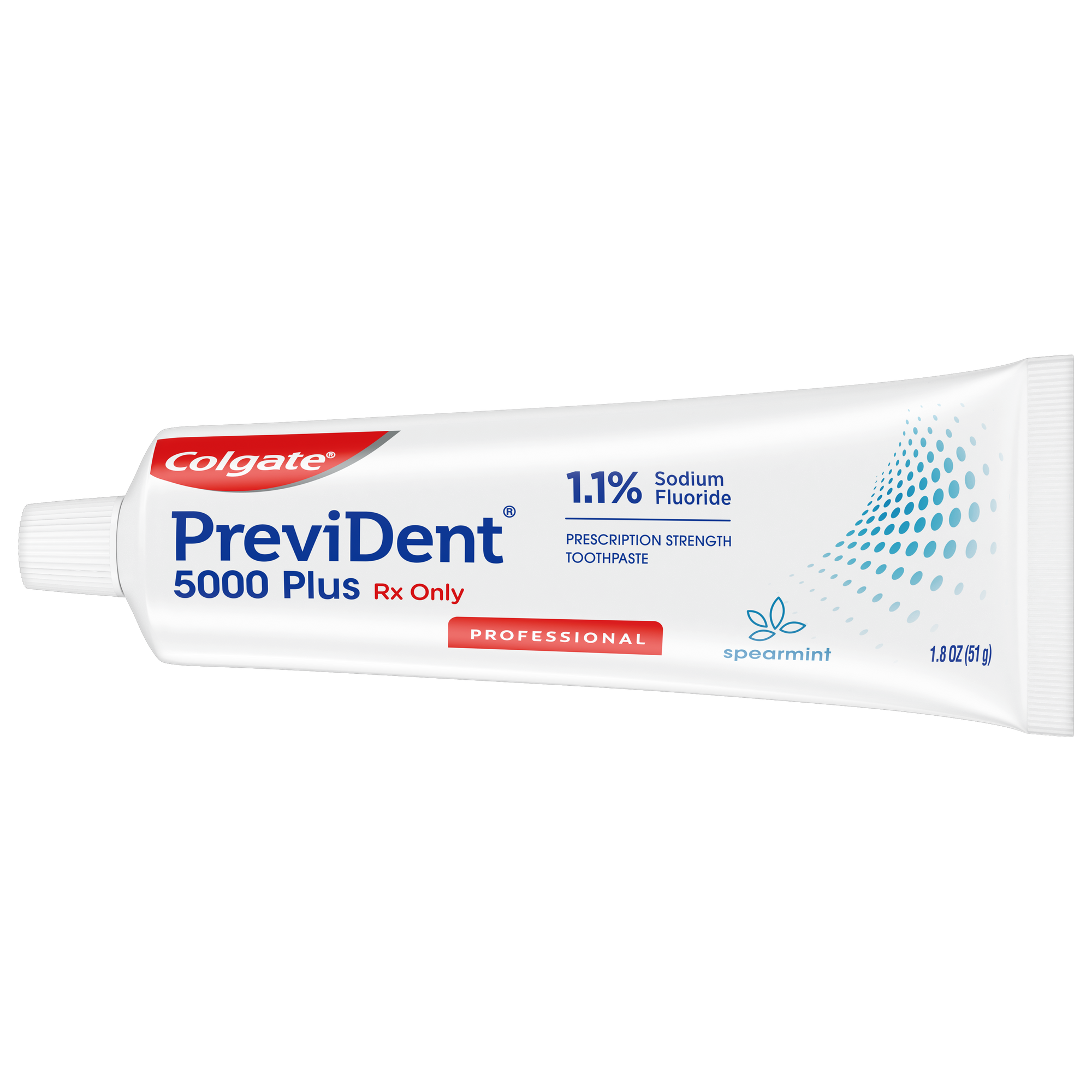Though we understand your wanting to rid yourself of the unsightly nuisance, popping a cold sore blister isn't a good idea. It could cause harm or slow down the healing process. Keeping your hands off your face and safely treating the cold sore to promote healing is the best way to go. You might also take steps to potentially prevent a cold sore if a big day is coming up.
Why Is Popping a Cold Sore Harmful?
We want to be honest with you: Popping a cold sore can lead to potential problems, such as:
- Getting a bacterial infection
- Spreading the herpes simplex type-1 virus to other people and other parts of your body, like your fingers and eyes
- Scarring of your skin or lips
- Lowering your defenses against other illnesses
If you pick at the blisters or a fever blister scab, the cold sore can become infected.
The fluid inside the blisters is full of HSV-1, the highly contagious virus causing the cold sore. That's why when experiencing an outbreak, you should avoid intimate contact and kissing, as well as sharing food, beverages, and personal items like towels or lip balm. Also, distance yourself from people with weakened immune systems. And wash your hands!
How Long Does a Cold Sore Take to Heal?
If you have no other health problems and it's your first outbreak, a cold sore usually heals without treatment in two to three weeks. For subsequent outbreaks, the process might take one to two weeks. However long it takes for the cold sore to disappear, an outbreak goes through distinct stages before it finally heals.
- Stage One: This is when you can try to prevent the cold sore from erupting – when you feel the tingling, burning, or itching sensation around your lips or skin.
- Stage Two: The HSV-1 fluid-filled blisters appear, sometimes with multiple small blisters forming a larger red wound. This is when you can treat the cold sore in a recommended manner. But no touching. If the treatment requires applying medicine to the cold sore, always use a clean cotton-tipped swab.
- Stage Three: After the blisters naturally pop, fluid might ooze out, the sore forms a scab. You'll need to clean the fluid off in a recommended way to prevent infecting other parts of your body.
- Stage Four: Finally, the scab will flake off, and the skin returns to normal. At last!
With treatment, you might be able to accelerate the healing process. However, if you have health issues that affect your immune system, the healing process for your cold sore might slow down to four weeks or longer. The Mayo Clinic recommends you contact your doctor if your cold sore doesn't heal after two weeks.
Safe Cold Sore Care: Before and After a Blister Appears
If you shouldn't pop a cold sore, what can you do?
You can potentially prevent a cold sore from erupting with certain treatments. For instance, since sunlight can trigger an outbreak, wear a lip balm with broad-spectrum protection and at least an SPF-30 every day.
If you have Stage One symptoms, you might be on the cusp of an outbreak. You can then try these potentially preventative measures:
- Use an over-the-counter anti-viral cold sore medication containing benzyl alcohol or docosanol.
- Take prescribed anti-viral medication. If you experience frequent outbreaks, ask your doctor about prescribing a daily medication.
- Press an ice cube or cold compress to the spot where you feel the sensation.
If you have a big day coming up, try stress-reducing measures like massages, meditation, and rest to reduce the chance of an outbreak. Since illness is another trigger, stay healthy with exercise and a nutritious diet. You can also talk to your doctor about other ways to decrease your chance of an outbreak.
If a cold sore erupts, the potentially preventative measures noted above might shorten its lifespan. If you want to reduce the redness, the AAD recommends that you apply a cold, wet, clean towel on your cold sores for five to 10 minutes at various times during a day.
Though noting studies for alternative medicines have been mixed, the Mayo Clinic mentions a few of these potential remedies, such as lysine, synthetic beeswax called propolis, and cream with rhubarb and safe.
Though a cold sore can appear at the most inconvenient times possible, if you ask yourself, "Should I pop a cold sore?" the answer will always be no. Unfortunately, your sores won't heal any faster, and popping them could lead to more serious problems. Instead, try one or a combination of treatments to potentially prevent or safely heal your sores. And speak to your family doctor if you experience frequent outbreaks or your sores won't heal after two weeks.
If you treat a cold sore safely and hygienically, it should heal quickly without scarring, and you can avoid spreading the virus. And that will save the day!
This article is intended to promote understanding of and knowledge about general oral health topics. It is not intended to be a substitute for professional advice, diagnosis or treatment. Always seek the advice of your dentist or other qualified healthcare provider with any questions you may have regarding a medical condition or treatment.
ORAL HEALTH QUIZ
What's behind your smile?
Take our Oral Health assessment to get the most from your oral care routine
ORAL HEALTH QUIZ
What's behind your smile?
Take our Oral Health assessment to get the most from your oral care routine















